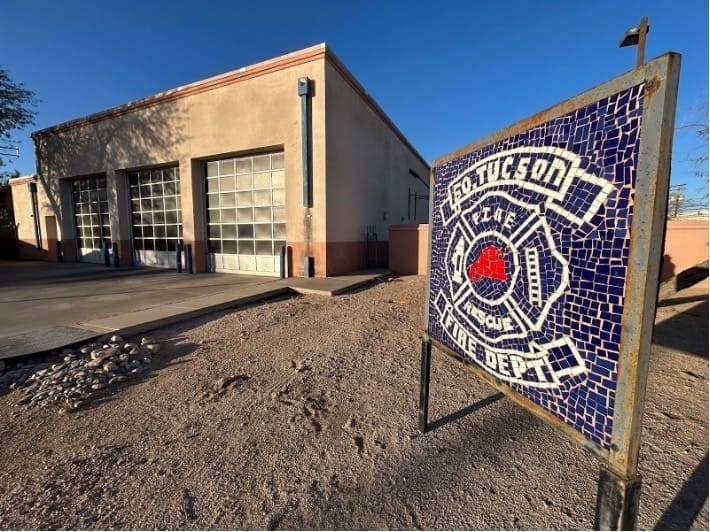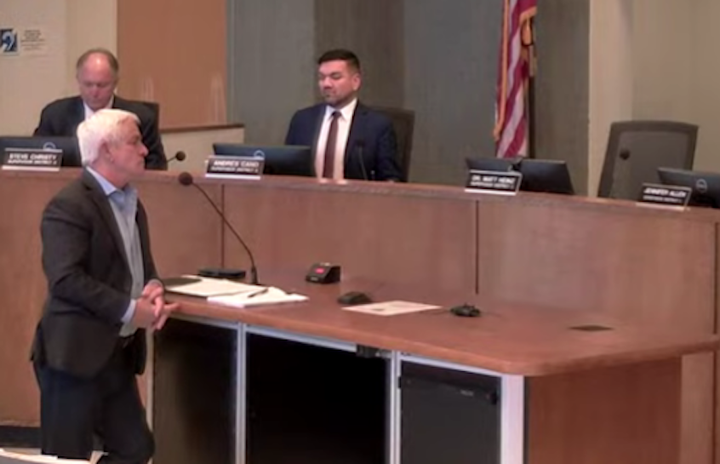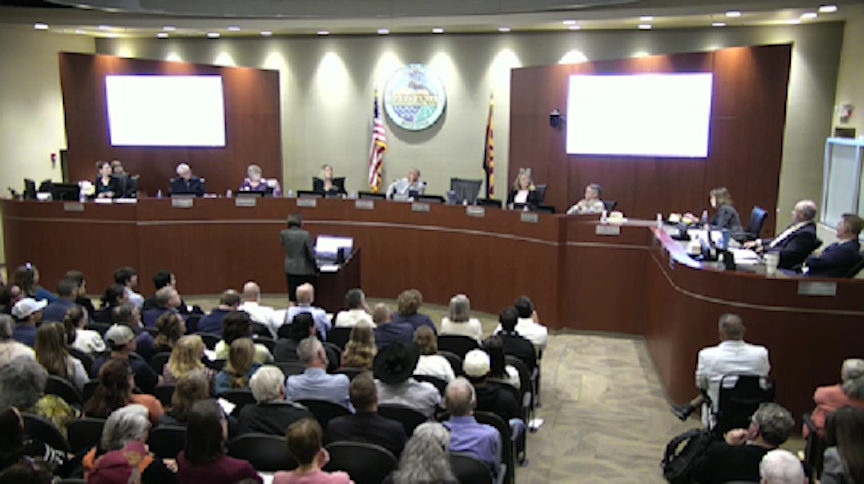Fare-free transit to continue in Tucson
The Tucson City Council voted 5–2 on Wednesday to continue offering fare-free public transit, ending efforts to reinstate bus and streetcar fares.
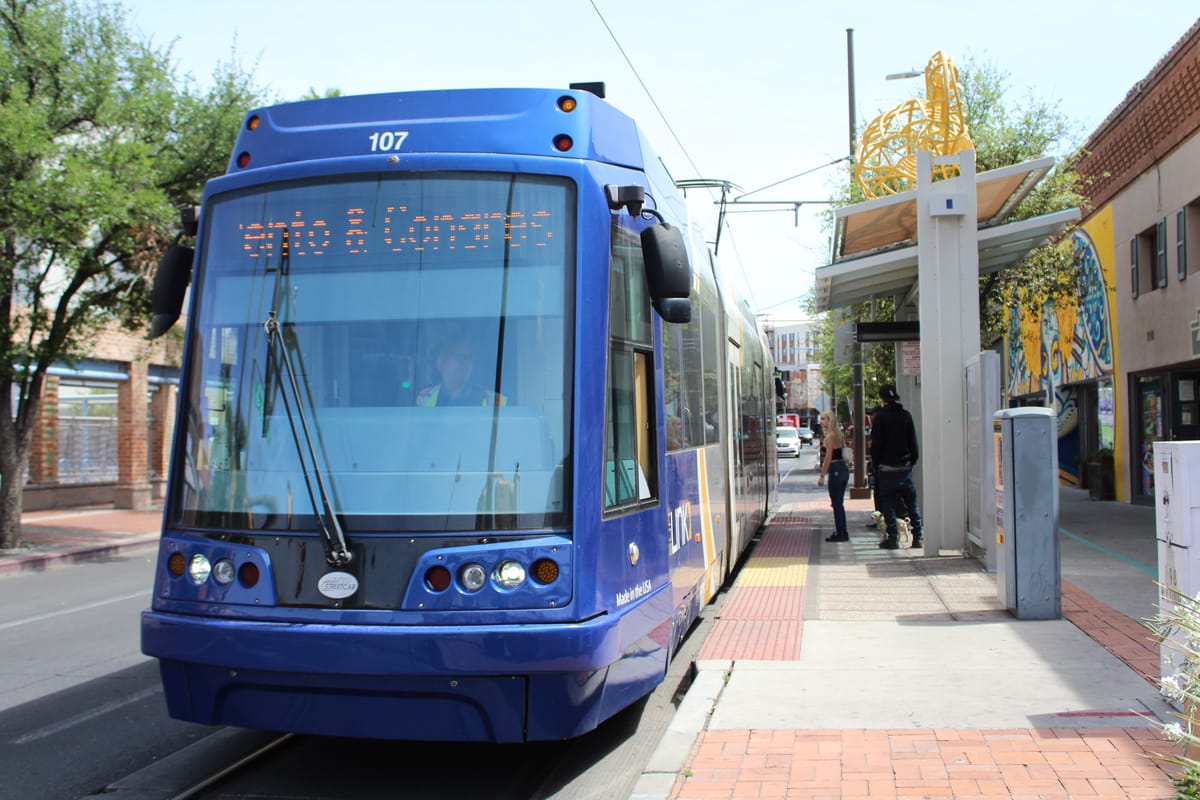
Tucson’s fare-free transit program will continue after the City Council voted Wednesday to keep rides on Sun Tran buses, the Sun Link streetcar and other public transportation services free for all riders.
The council voted 5–2 to end the process of reinstating fees, with Council Members Paul Cunningham and Nikki Lee casting the “no” votes.
Tucson has provided fare-free service on its public transit system since 2020, including Sun Tran buses and the Sun Link streetcar, funded initially by pandemic relief and later supplemented by city funds.
The decision had the potential to impact thousands of daily riders who benefit from free transit, many of whom rely on the service for work, school and essential travel. Reinstating fares would have raised revenue for the city but also created barriers for low-income residents.
Ward 5 councilman Rocque Perez announced on social media earlier this week that he would vote to end the process, saying he believes mobility is a right, not a privilege, for those who can’t afford it.
“Reinstating fares on our public transit system won’t make buses safer, but it will make life harder for the very people who rely on them most: working families, students, seniors, and those with disabilities,” Perez said in the post. “If we’re serious about safety, let's invest in driver support, service frequency, and compassionate alternatives — not pass the cost onto the rider.”
During Wednesday’s study session, Lee noted that Tucson’s general fund covers 9% of the city’s transit costs, compared to 0% in Phoenix, 2.7% in Mesa and 0% in Tempe.
“My concern as we look at the budget and the deficit is how we can get to a better balanced general fund contribution that is more in line with our peer jurisdictions,” Lee said.
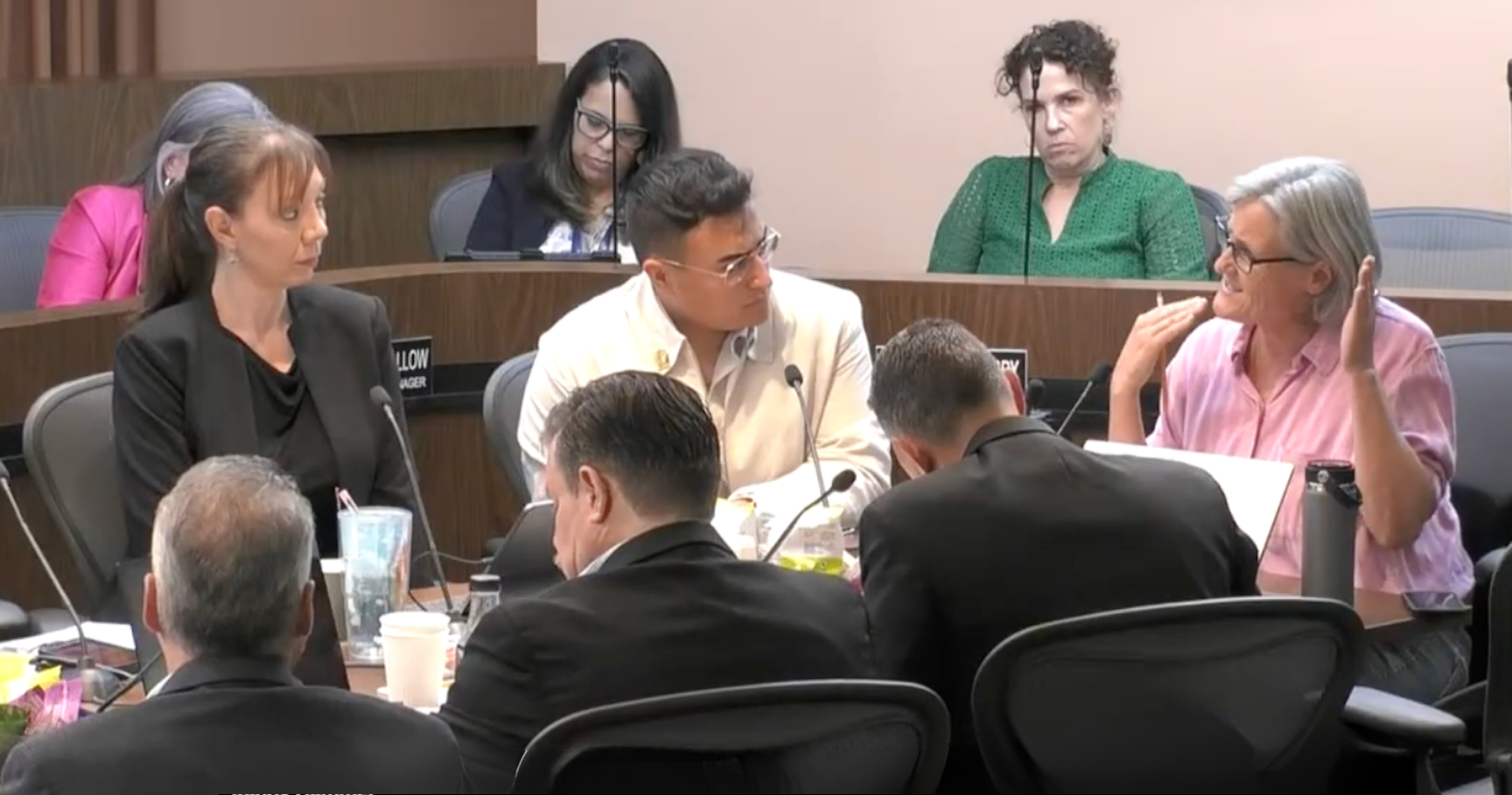
Lee, who represents Ward 4, suggested the city could pursue a ballot initiative to fund transit — similar to approaches taken in other communities — in order to reduce the general fund’s contribution from 9% to around 3–4%.
“What percentage do we feel comfortable with, and how do we take steps to get there and come up with several different strategies to do so?” she asked.
Lee said that because of her concerns, she supports a plan that would allow low-income residents to ride for free while requiring those who can afford it to pay.
“I absolutely agree with your commentary," said Mayor Regina Romero. “But that is something that we have to have a conversation with the residents of Tucson.”
Romero said residents often ask her why Phoenix has better roads and more mobility options.
“Phoenix and Valley cities have chosen to invest and tax themselves for those things. Unfortunately Tucsonans have not wanted to go there,” Romero said. “I believe that Tucsonans are willing to pay for a reliable transit system that is both safe and keeps it free for our community. But we cannot be a city that just says ‘no’ all the time. We have to be able to choose as a community where we want these investments to go.”
Romero said keeping fares free for now is the right decision, allowing the city to plan with the community what they’re willing to pay for in the future.
Ward 2 Council Member Cunningham, who voted to continue the process of reinstating fees, said he’s not opposed to a program that has a no-cost option for residents in need.
He said another issue not being addressed in Tucson’s bus system is the situation at bus stops and the safety of drivers.
“Right now, we are not meeting the standard of safety,” Cunningham said. “There’s no study in the world that will say implementing fares will lower the crime rate, but I think it is still important to have expectations of what the conditions of ridership are.”
Ward 6 Council Member Karin Uhlich said she doesn’t believe a low-income fare plan will work.
“Studies find that when that barrier, similar to Medicaid, is put in, a bunch of qualified people drop out. When there is that administrative burden, it’s costly, and 70% of people who qualify for low-income pay full fares anyway,” Uhlich said. “We have to acknowledge that it means that those fully qualified won’t get it.”
Uhlich said a fare-free system also keeps drivers safer.
“There’s this notion of if we could just get the bad actors off the bus, then things will be fine,” she said. “What happens is that those bad actors give the drivers a hard time instead. What has been found around the country, and also why many drivers’ unions want fare-free transit, is that they can just drive, and they're not the police on the bus or the fare collector. They have a distinct role.”
Romero said Sun Tran drivers requested fare-free service during the COVID-19 pandemic to maintain distance from passengers, adding that most fights and safety concerns stemmed from enforcing fare collection.
“I believe that we should be able to achieve both goals of safety and free transit,” Romero said.
Colton Allder is a Tucson-based freelancer who reports for Tucson Spotlight. Contact him at callder1995@gmail.com.
Tucson Spotlight is a community-based newsroom that provides paid opportunities for students and rising journalists in Southern Arizona. Please consider supporting our work with a tax-deductible donation.

